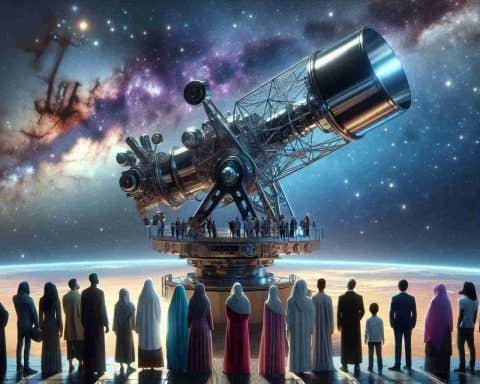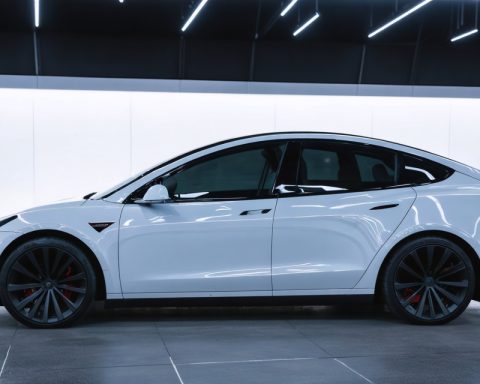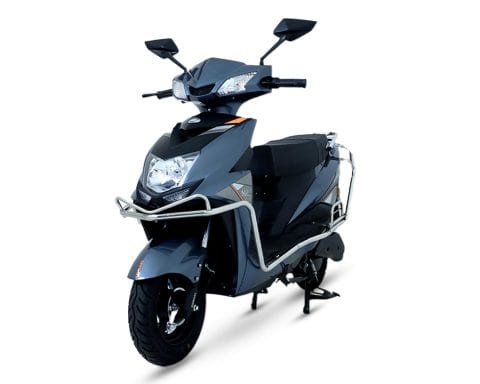Mod Easy Sidecar 3 este o bicicletă electrică cu adevărat remarcabilă în lumea transportului pe două roți. Cu designul său inspirat de moda retro și sidecar-ul său, emană un stil greu de rezistat. Nu numai că arată fantastic din orice unghi, dar impresionează și prin performanța și versatilitatea sa.
Asamblarea Mod Easy Sidecar 3 este floare la ureche, chiar și pentru cei care nu au experiență în asamblarea bicicletelor. Instrucțiunile detaliate, furnizate atât în format scris, cât și video, fac procesul ușor de urmat. În doar câteva ore, poți avea bicicleta și sidecar-ul gata să plece la drum.
Conducerea unei biciclete cu sidecar necesită puțină practică, deoarece se manevrează diferit față de o motocicletă tradițională. Face foarte bine virajele la stânga, dar cele la dreapta pot fi un pic mai complicate. Cu puțină îndrumare din partea designerului și fondatorului, Dor Korngold, poți învăța rapid cum să te descurci. A merge încet și să ai puțină greutate în sidecar este cheia pentru a te simți în siguranță.
Mod Easy Sidecar 3 nu este doar stilată, ci oferă și o gamă de utilizări unice. Clienții au transformat sidecar-ul în totul, de la un magazin de cafea mobil la o cușcă pentru animale de companie pentru iubitele lor porci. Posibilitățile sunt infinite, iar bicicleta cu siguranță atrage atenția oriunde mergi.
În ceea ce privește performanța, Mod Easy Sidecar 3 nu dezamăgește. Dispune de un sistem de asistență la pedalare cu senzor de cuplu și de un accelerator, cu patru moduri de asistență din care poți alege. Indiferent dacă preferi o plimbare relaxantă sau o viteză palpitantă, această bicicletă te acoperă.
Deși prețul poate fi puțin piperat la 4.190 de dolari, Mod Easy Sidecar 3 oferă o valoare excelentă în ceea ce privește caracteristicile și calitatea sa. Este o bicicletă care nu numai că arată uimitor, ci oferă și o experiență de mers memorabilă. Prin urmare, dacă ești în căutarea unei biciclete electrice unice și versatile, Mod Easy Sidecar 3 merită cu siguranță să fie luat în considerare.
Bicicleta electrică Mod Easy Sidecar 3 aparține industriei bicicletelor electrice în continuă creștere. Bicicletele electrice, cunoscute și sub denumirea de e-bike-uri, au înregistrat o creștere semnificativă în ultimii ani, impulsionată de factori precum creșterea conștientizării asupra mediului înconjurător, dorința de alternative de transport și avansurile în tehnologia bateriilor și motoarelor.
Se preconizează că piața globală a bicicletelor electrice va continua să crească, cu estimări de creștere anuală medie de peste 7% în următorii ani. Această creștere este atribuită factorilor precum inițiativele guvernamentale care promovează transportul electric, adoptarea tot mai mare a e-bike-urilor în scopuri de deplasare și recreere și îmbunătățirea duratei de viață și eficienței bateriilor.
Una dintre principalele aspecte legate de industria bicicletelor electrice este necesitatea reglementărilor și infrastructurii standardizate. Pe măsura ce e-bike-urile devin tot mai populare, devine crucial ca guvernele să dezvolte linii directoare clare referitoare la utilizarea acestora pe drumurile publice și piste pentru biciclete. În plus, dezvoltarea stațiilor de încărcare și a altor infrastructuri pentru a susține e-bike-urile este necesară pentru adoptarea lor pe scară largă.
Mod Easy Sidecar 3 răspunde cererii de biciclete electrice unice și versatile. Designul său inspirat de moda retro și sidecar-ul său se diferențiază de e-bike-urile tradiționale de pe piață, satisfăcând clienții în căutarea unei plimbări elegante și percutante. Diversele utilizări pe care clienții le-au găsit pentru sidecar, inclusiv cafenele mobile și transportul de animale de companie, demonstrează versatilitatea și creativitatea pe care o pot oferi bicicletele electrice de acest tip.
După cum s-a discutat în articol, Mod Easy Sidecar 3 oferă caracteristici de performanță excelente, inclusiv un sistem de asistență la pedalare cu senzor de cuplu și un accelerator cu mai multe moduri de asistență. Acest lucru asigură că cicliștii pot alege nivelul de asistență care li se potrivește cel mai bine preferințelor lor și stilului de mers.
Deși prețul Mod Easy Sidecar 3 poate fi un factor pentru unii potențiali cumpărători, este important să se ia în considerare valoarea oferită în ceea ce privește caracteristicile și calitatea sa. Pe măsură ce piața bicicletelor electrice continuă să evolueze și să se maturizeze, se așteaptă ca prețurile să devină mai competitive, făcând modele unice, precum Mod Easy Sidecar 3, mai accesibile pentru un număr mai mare de consumatori.
În concluzie, Mod Easy Sidecar 3 este o ofertă impresionantă și unică în industria bicicletelor electrice. Cu designul său inspirat de moda retro, sidecar-ul versatil și caracteristicile de înaltă performanță, se adresează clienților în căutarea unei experiențe de mers distinctivă și plăcută. Pe măsură ce piața bicicletelor electrice continuă să crească, va fi interesant să vedem cum designurile inovatoare precum Mod Easy Sidecar 3 contribuie la dezvoltarea și succesul general al industriei.
Pentru mai multe informații despre bicicletele electrice și industrie în ansamblu, puteți vizita Electric Bike sau Electric Bike Report.











